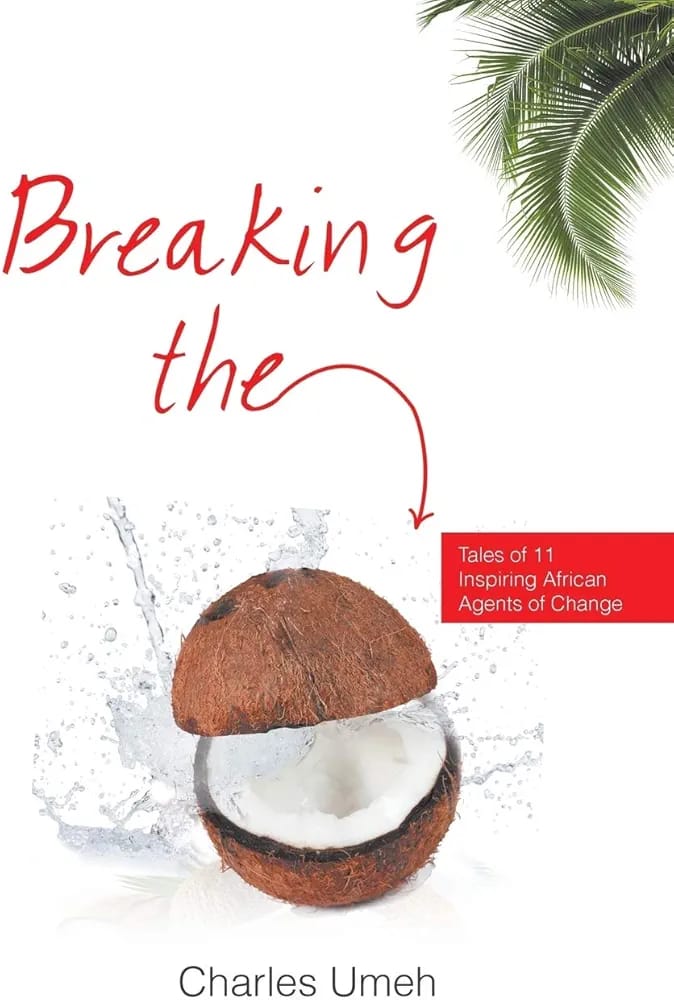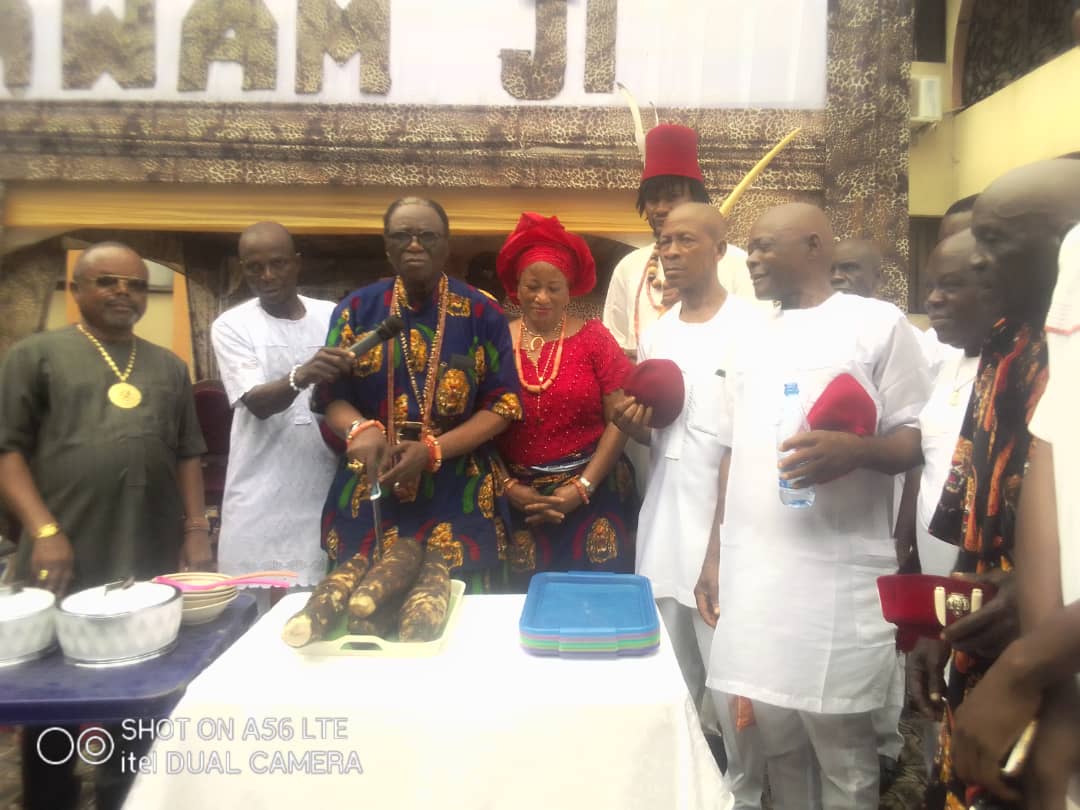Exploring Symbolism and Contemporary Literature
By Uche Okoye
Charles Umeh’s Breaking the Coconut uses the coconut as a rich symbol, representing the resilience and struggle required to unlock hidden potential.

Much like a coconut’s tough exterior, each changemaker profiled in the book faces significant societal and personal barriers, which, once “broken,” reveal the rewards of transformation and leadership. This metaphor parallels the lived experiences of many African leaders, making the book a universal tale of perseverance.
The symbolism of the coconut aligns with various literary forms and devices—figures of speech like metaphor, allegory, and symbolism itself—making Umeh’s work versatile in both content and form. The coconut serves as a metaphor for breaking societal norms and conquering personal challenges.
This literary device not only appeals to African readers but also to global audiences who recognize the metaphorical toughness and eventual reward.
Expanding Literature Beyond Print:
In 2024, literature transcends traditional books, evolving into stories told through various media formats. Umeh has adapted Breaking the Coconut into a TV show, a short story comic series for Gen Alpha, and an upcoming audio version in 2025 positioning him as a pioneer in using literature to tell stories across platforms.
This shift recognizes that in today’s digital world, stories are consumed through multiple channels, not just within the confines of a printed page.
The transformation of Breaking the Coconut into visual and auditory formats underscores the broader understanding of what literature is today—no longer confined to the printed word, but a living, dynamic narrative that intersects with culture, technology, and media. Umeh’s ability to adapt his work into new formats makes it relevant to a younger, global audience and illustrates the versatility of modern literature.
Real Stories and Shared Experiences
Literature in 2024 goes beyond the traditional novel or memoir; it’s a reflection of real stories and shared experiences that resonate across borders. Umeh’s work is a testament to this new era, where personal stories, once shared, evolve into movements that inspire collective change.
Breaking the Coconut reflects this modern shift—transforming African stories into a broader commentary on resilience and leadership in our globalized world.
The real power of Umeh’s book lies in its ability to connect with readers on multiple levels: as a personal journey, a collective cultural movement, and a multimedia story. It shows that literature is no longer confined to the written word but exists wherever stories can inspire, educate, and lead to action.
This multi-platform narrative strategy makes Breaking the Coconut a vital piece of modern African literature, fully embracing the limitless potential of storytelling today.
By bridging the gap between traditional literature and digital media, Umeh is not only a storyteller but a cultural entrepreneur, paving the way for African stories to transcend genres and formats, making them relevant to readers, viewers, and listeners alike.
One of the most compelling aspects of Breaking the Coconut is its adaptability beyond the book format. From TV adaptations to comic short stories series aimed at younger audiences, Umeh has taken an innovative approach that parallels the work of other African storytellers like Chimamanda Ngozi Adichie and Nnedi Okorafor.
While Adichie’s work focuses on African identity and feminism, and Okorafor delves into African futurism, Umeh expands the narrative space by emphasizing leadership and community building, making it a cross-generational guide for transformation.
Umeh’s work stands at the intersection of literature and cultural entrepreneurship, positioning him as a driving force in African storytelling. Still, the book itself sometimes feels rushed, as though some of the deeper emotional and societal implications are left untapped.
The book would benefit from a richer exploration of its changemakers’ inner lives, much like how Ben Okri’s The Famished Road explores the spiritual and societal dimensions of his characters.
Breaking the Coconut is a landmark work that symbolizes more than a collection of stories—it embodies a call to action for African leadership and change. Umeh’s ability to turn this narrative into a movement through different media not only solidifies his place in the literary world but also highlights his role as a cultural entrepreneur.




